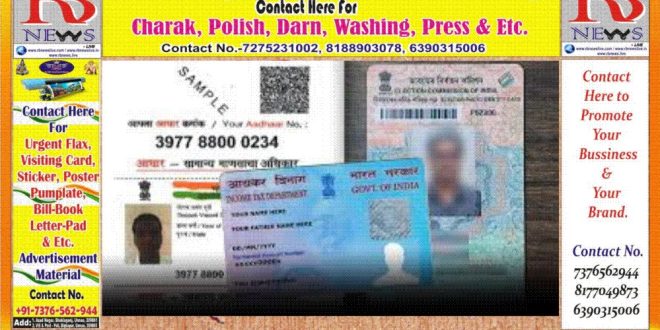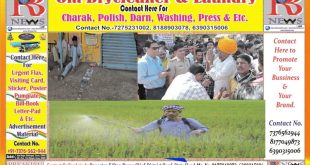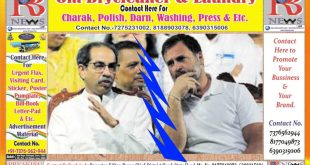The Bombay High Court has said that just having an Aadhaar card, PAN card or voter ID does not make a person an Indian citizen. This clear comment was made by Justice Amit Borkar’s bench on Tuesday when he refused to grant bail to a person who was allegedly accused of living in India and claiming citizenship with the help of fake documents.
Know the whole case
Babu Abdul Rauf Sardar, arrested in Thane, was accused of illegally coming to India from Bangladesh without travel documents. He had made fake government documents like Aadhaar, PAN, voter ID as well as passport. Along with this, he illegally acquired gas and electricity connections. The police also recovered digital copies of birth certificates issued in Bangladesh from his phone.
What did the High Court say?
The court said that these documents are only for identification or to avail services, but the basis for legal recognition of Indian citizenship is the Citizenship Act, 1955 – which clearly states when and on what basis citizenship is granted. Justice Borkar said that it would not be appropriate to grant bail when the authenticity of the documents is subject to investigation – such as verification of Aadhaar by UIDAI.
The court also accepted the apprehension of the police that the accused may flee illegally, destroy evidence or create a new identity if granted bail. The Bombay High Court has taken an important stand that documents like Aadhaar, PAN or Voter ID are not sufficient proof to prove citizenship. It is necessary to follow the methods prescribed in the law to get citizenship authentically.
Who can be an Indian citizen?
Justice Borkar said, “In my opinion, the Citizenship Act, 1955 is the main and controlling law for taking decisions about nationality in India today. It is the law that determines who can be a citizen, how citizenship can be acquired and under what conditions it can be lost. Just having documents like Aadhaar card, PAN card or Voter ID does not make one an Indian citizen. These documents are for identification or to avail services.”
 RB News World Latest News
RB News World Latest News






